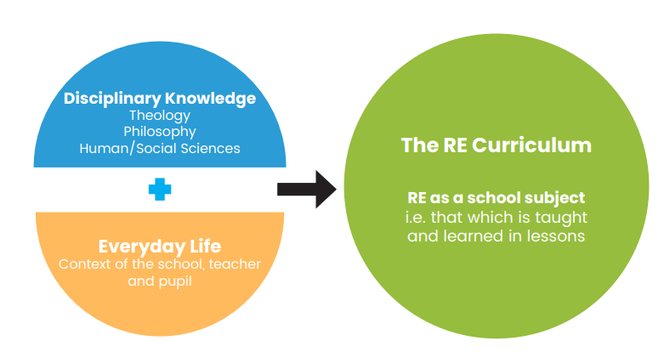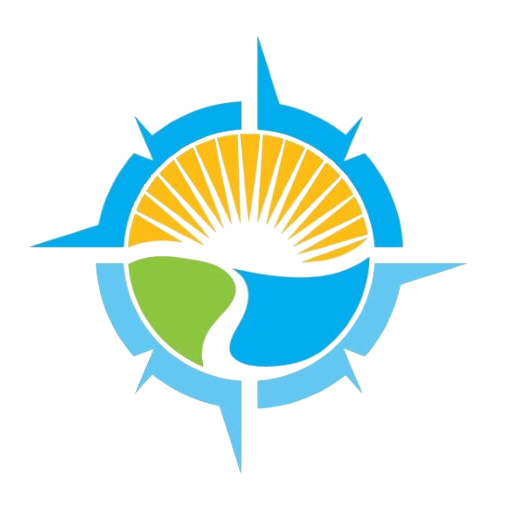RE
Our Intent
We believe that Religious Education (RE) is an integral part of the curriculum. Living in a culturally diverse world brings a wealth of benefits, and by learning about different religions we believe that children can become more knowledgeable and accepting of differences. The teaching of RE is not about telling children what they should believe in, or even that they have to believe in anything at all; it is about the learning of cultures and respecting different viewpoints. Children are encouraged to ask questions about religion, celebrate the differences between them and reflect on the common themes and values. We want the children not only to learn about different religions through teaching, but also through visits from outside speakers and faith leaders. We want our pupils to be prepared for the opportunities, responsibilities and experiences of later life. . By the time the children leave their primary school journey, they will have been supported in the development of their religiously literacy. They will have been able to make sense of a variety of world religions and views through theological, philosophical and human/social science lenses and go onto secondary school with a cultural awareness and enthusiasm to continue their learning.

Implementation
Our Curriculum is based upon the national curricul expectations and the locally agreed Essex Agreed Syllabus 2022, which is monitored and updated by SACRE. The curriculum is an enquiry based pedagogy which raises the expectations of staff and pupils study of religion and worldviews. Each lesson is planned in sequence, building on the childrens prior knowledge and supporting those with both SEND and AMA. Teachers plan and differentiate lessons according to individual and whole classs needs using: different learning styles; a variety of different types of activities and tasks; adult and resource support as well as time taken for the activity. Teachers plan their lessons to reflect the values set out in the Essex Agreed Syllabus 2022 and to provide the children with the opportinities to develop their understanding and appreciation of diversity and to promote shared values and tolerance of others. Collective worship are part of our curriculum and allow the children to discuss different reiligions and cultures with staff and visitors. From EYFS to the end of KS2 the pupils will develop their religious literacy though a muli-discaplinary approach and allow the to develop their religious literacy. This will be achieved by looking at religious and non-religious worldviews through theological, philosophical and human/social science lenses:
- Theological: We have called this thinking through believing. Itis about asking questions that believers would ask. It requires pupils to think like theologians, or to look at concepts through a theological lens. Pupils will explore questions and answers that arise from inside religions and worldviews.
- Philisophical: We have called this thinking through thinking. It is about asking questions that thinkers would ask. It requires pupils to think like philosophers, or to look at concepts through a philosophical lens. Pupils will explore questions and answers raised through considering the nature of knowledge, existence and morality.
- Human/social: We have called this thinking through living. It is about asking questions that people who study lived reality or phenomena would ask. It requires pupils to think like human and social scientists, or to look at concepts through a human/social science lens. Pupils will explore questions and answers raised in relation to the impact of religions and worldviews on people and their lives.

Impact
Through the teaching of RE, our aim is that through our lessons the pupils will become religiously literate and develop an enthusiasm for RE. This enthusiam will be brought about through the implementation of a variety of teaching methods so that all learners are engaged. We strive to ensure that all our pupils will achieve age related expectations and that they will be able to retain and use their knowledge when moving forward in their learning. Through cross-curricular collaboration, pupils will be able to learn about religious and non-religious views and practises that will develop their own opinions, awareness and understanding of others as they move through life. Teacher assessment will take place on a termly basis, and learners who need extra help are identified and supported. Our pupils will leave school having been provided with as much knowledge as we can provide them with, ready for the differences they will experience in the wider world.
